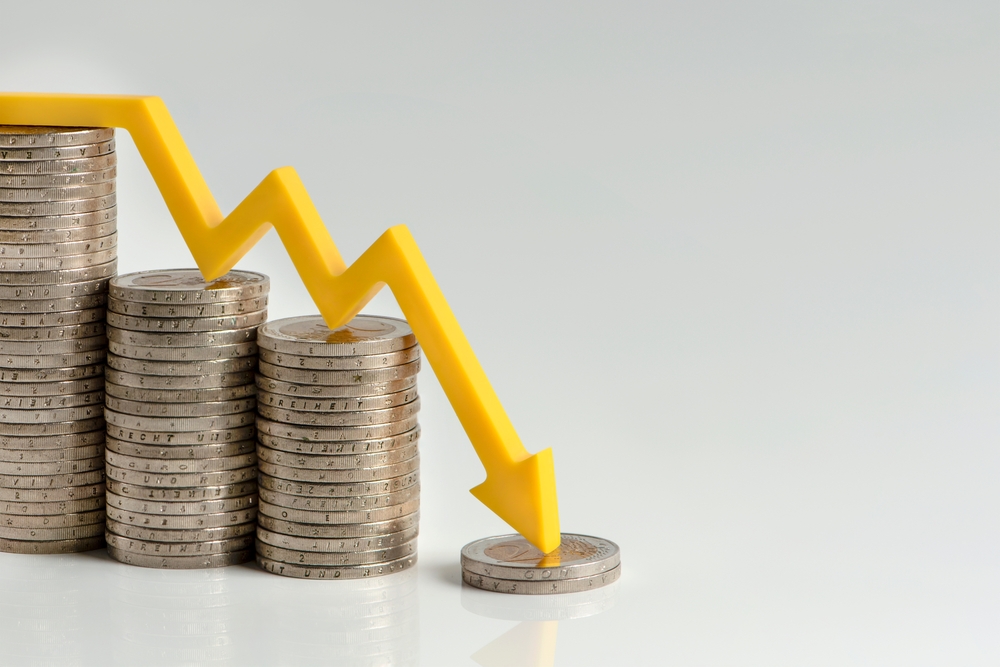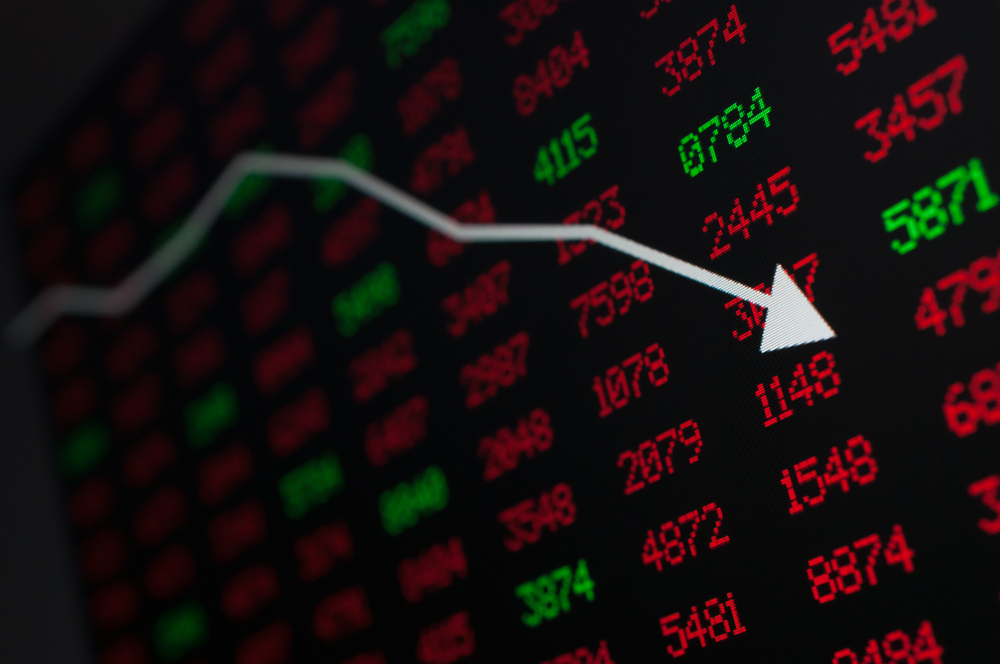According to reports from the recently concluded Annual World Economic Forum Meeting, 2023 looks set to be a challenging year, with almost two-thirds of chief economists believing a global recession is likely.
The Russia/Ukraine war, happening some 5,822 kilometers away from Nigeria, has sent global energy prices soaring, which has resulted in global inflation, causing significant increases in the prices of goods and services. This has subsequently led to a weakening of economic activity in the main engines of global economic growth – the US, Europe and China; Nigeria is also not fully exempted from this looming global financial crisis.
So, what is a recession?
A country is said to be experiencing a recession when there is generally a prolonged decline in economic activities. It is that period when:

- Revenue of businesses declines as they are unable to make as many sales as possible
- There are job cuts and an increase in the unemployment rate, as employers are either forced to reduce salaries or lay off staff as a result of low profit and revenue
- The value of the stock market declines, along with the general value of investments
- Lenders increase their loan rates, making it difficult and expensive to borrow funds
We understand that more people are unable to pay their bills during a period as described above, but do not panic just yet- below are tips to sail you through an economic recession:
-
Think of yourself first
While it is important to know what global macroeconomic news is saying about the recession, you should know that worrying about it would not make things better. Rather, pay attention to how you can make your situation better during the recession. For instance, now is a good time to make yourself near-indispensable at work, by upskilling and investing in your personal development. Also, consider starting a side hustle that generates another stream of income.

-
Seek professional financial advice
A period of economic recession makes you worry about your finances. This causes a lot of anxiety about how best to manage our funds. Therefore, speaking to our team of financial experts would give you comfort and pointers on what steps to take as regards your finances. You can click here to speak with Us.
Our team would advise you on how best to manage your money in a high-inflation market, appropriate investments to make and the best ways to deal with the recession such as the importance of having an Emergency Fund. To this end, we have another exciting read for you on Emergency Funds: What, Why and How Much?
-
Block out all unnecessary expenses
During uncertain times like a recession, it is necessary to spend on what you need. Try as much as possible to cut down monies spent on discretionary expenses (things you can do without). If you are an investor, you would act cautiously and invest wisely. Have you read Six Simple Ways to Save Money and How to Invest Money Wisely? These two reads can help you become more prudent with your money.

-
Diversify your investment portfolio
An investment portfolio is simply a collective name for the different types of investments you have e.g. stocks, treasury bills, bonds, mutual funds or savings. In times of decreased economic activity, you want to spread your limited funds across the different asset classes mentioned above taking into consideration the risks associated with each type of investment. This is a tried-and-tested way to safely manage your money and ensure whatever amount you have, is earning you more. Trust us, you would need it.
Lastly, remember that…
Despite the hardship that comes with an economic recession, it also presents us with an opportunity to make investments at affordable prices. This is because prices of stocks and other investments are generally down during this period.

Also a recession, is just one aspect of the economic cycle that would eventually pass. So whatever you do, do not panic. Rather see this time as an opportunity to learn more about your money, grow it and take advantage of investments with a good long-term potential to deliver returns.
To learn more about the economy, join our community today!






